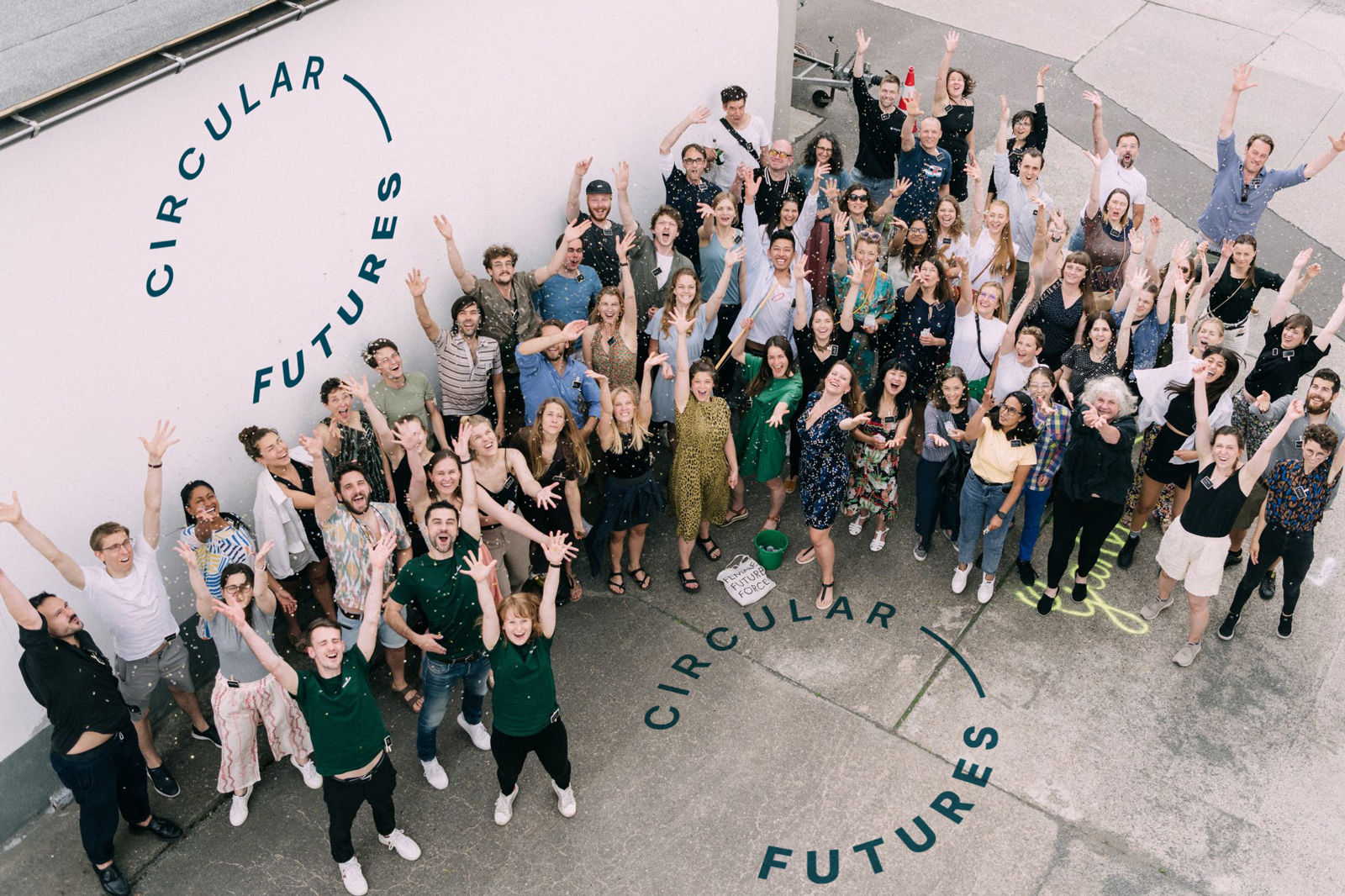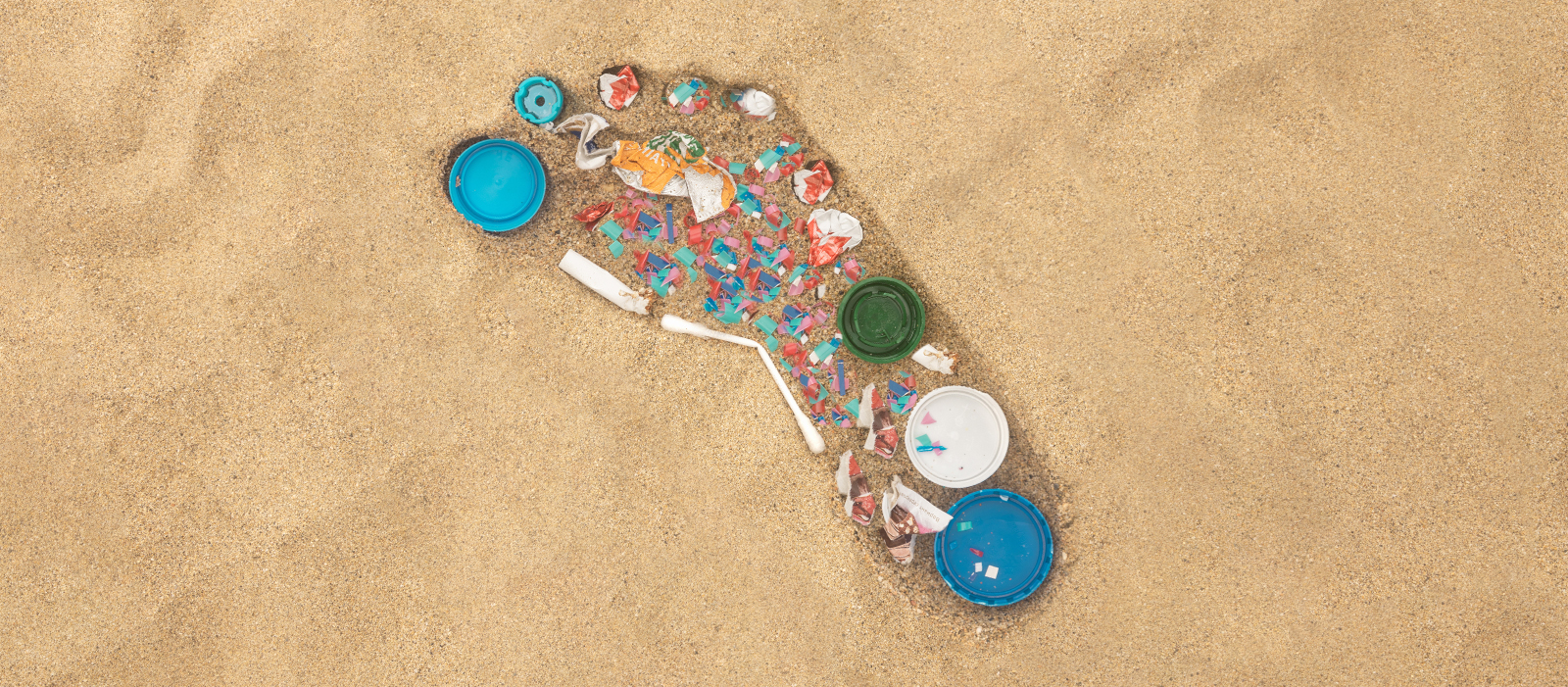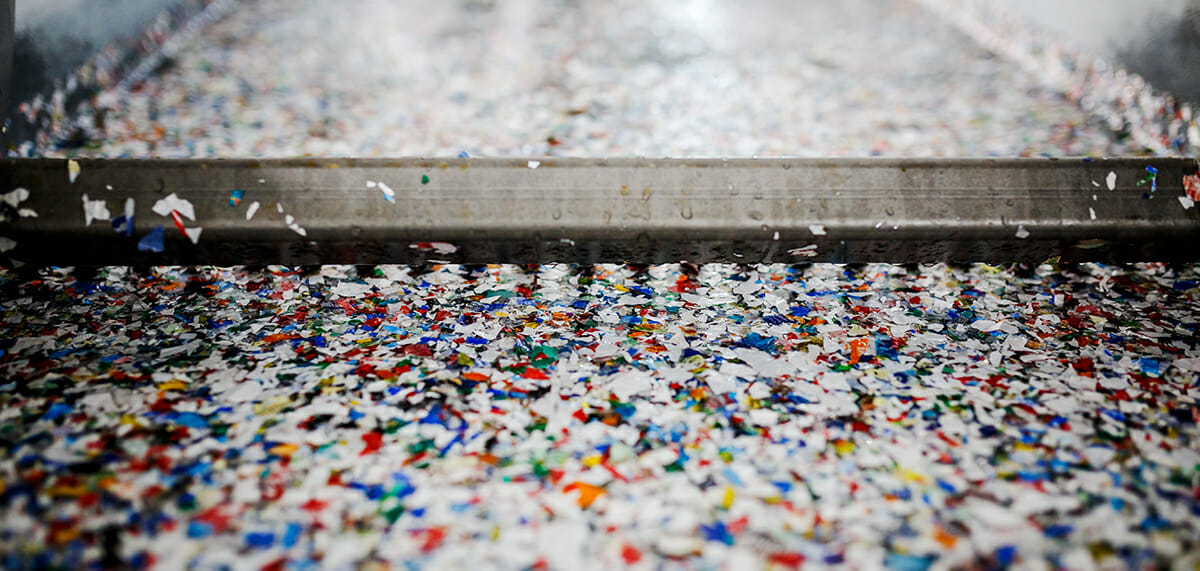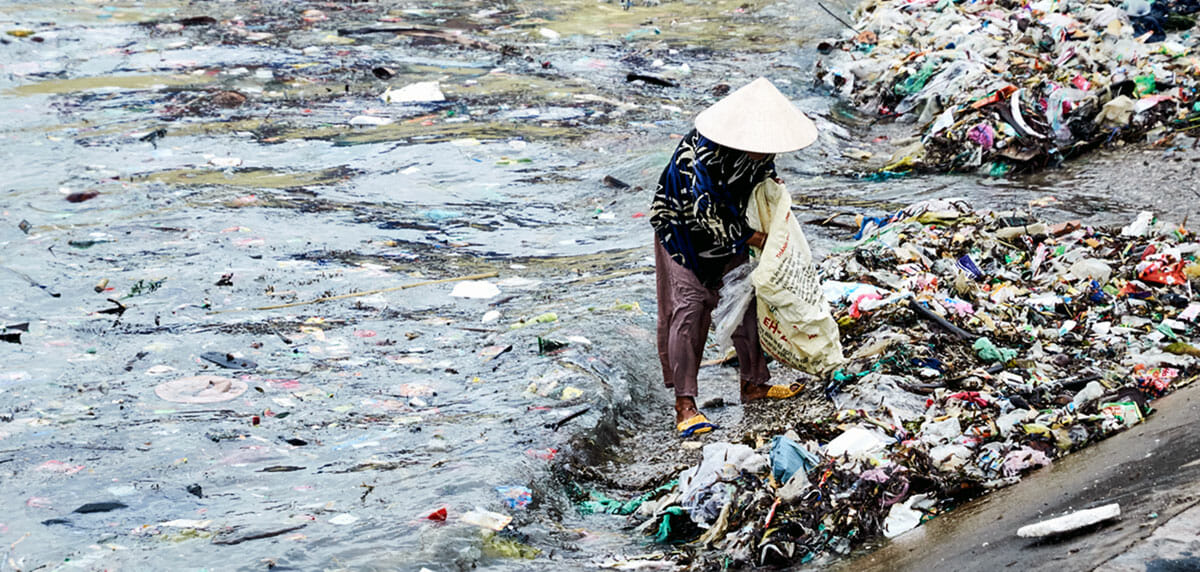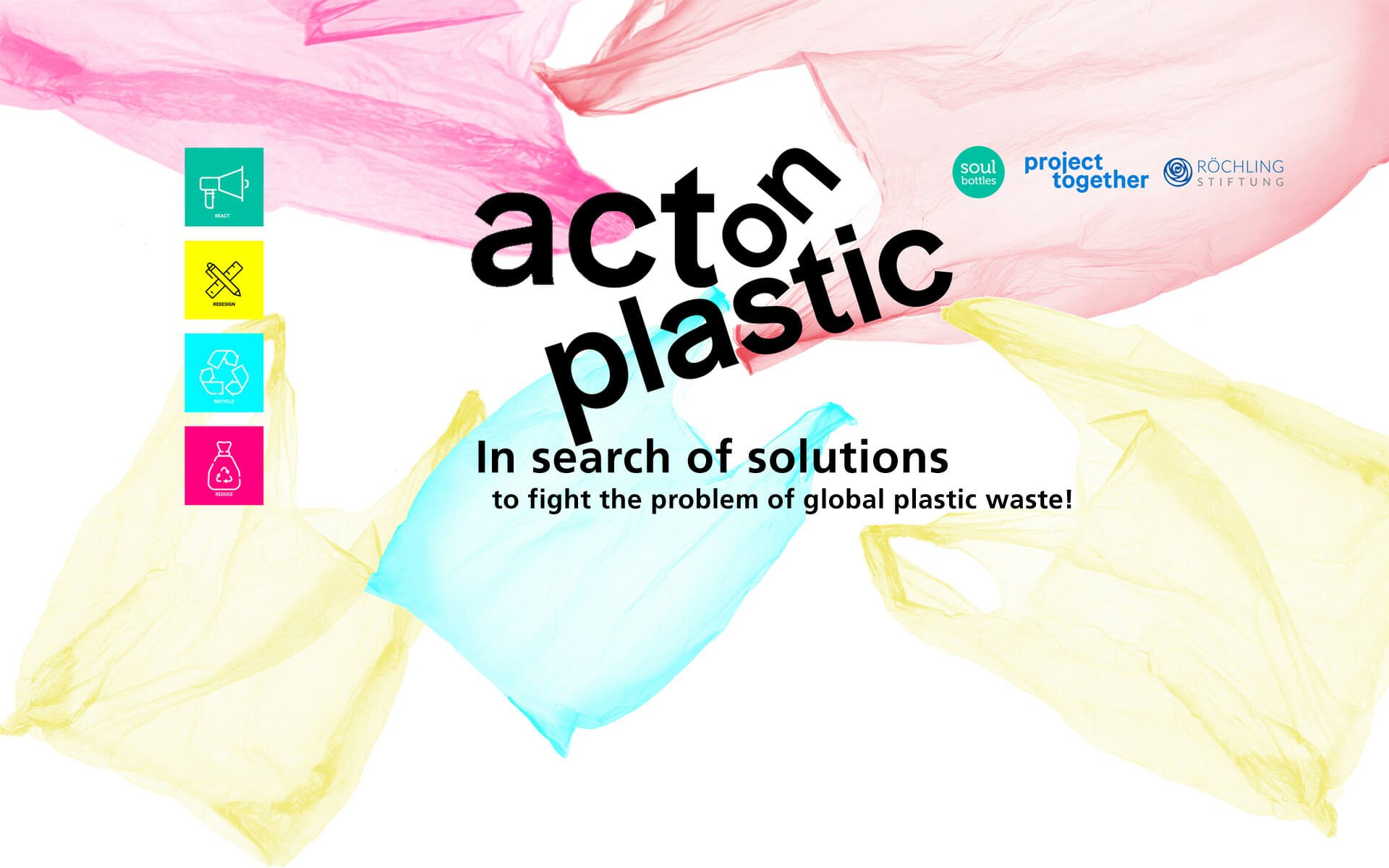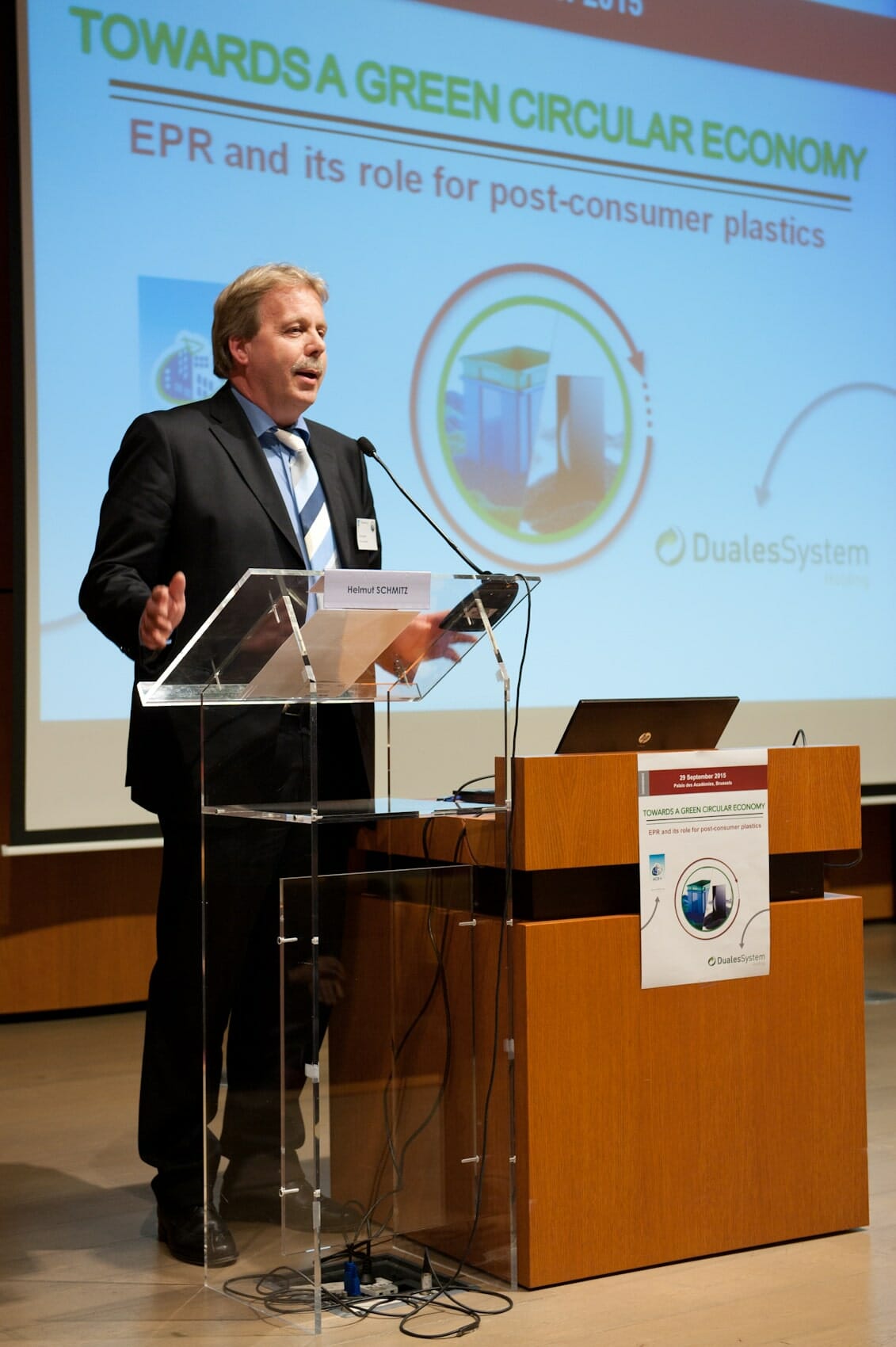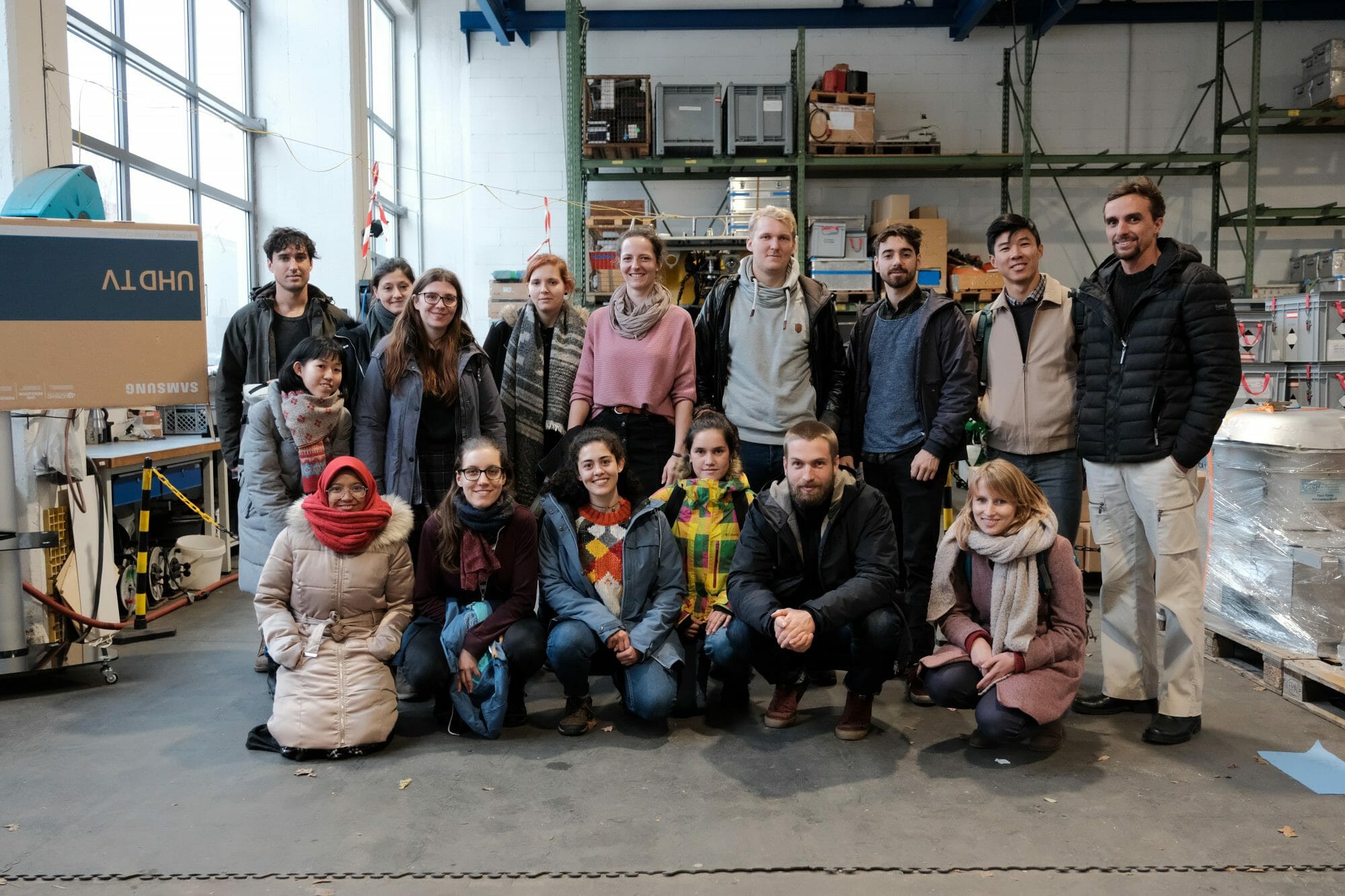POLYPROBLEM-Report Mind the Gap
Seventh POLYPROBLEM-Report Mind the Gap Plastic waste between values and reality We know that too much single-use plastic hurts the environment. We resolve to reduce our consumption. And yet our behavior often remains unchanged. This gap between knowledge, intention and action is referred to as the intention-behavior gap. This phenomenon also makes it much more difficult to reduce the consumption of single-use plastics in daily life. Although there is societal consensus regarding the problem, there is often no tangible change in people's everyday behavior. The new POLYPROBLEM report “Mind the Gap–Plastic waste between values and reality” by Röchling Foundation, the external expert Nicole Bendsen, and social impact consultancy Wider Sense investigates why this is the case. The focus is on the question of why individual behavioral change is so rarely successful - and what this reveals about the underlying political, social and psychological context. Based on current research and interviews with experts from science, civil society, and business, the report analyzes which factors shape our consumer behavior, why traditional appeals often go nowhere - and how new narratives and structures could help to overcome the intention-behavior gap. One key point is clear: It is not a lack of knowledge which prevents [...]




